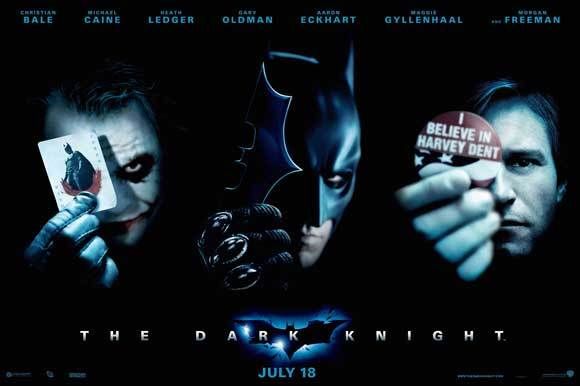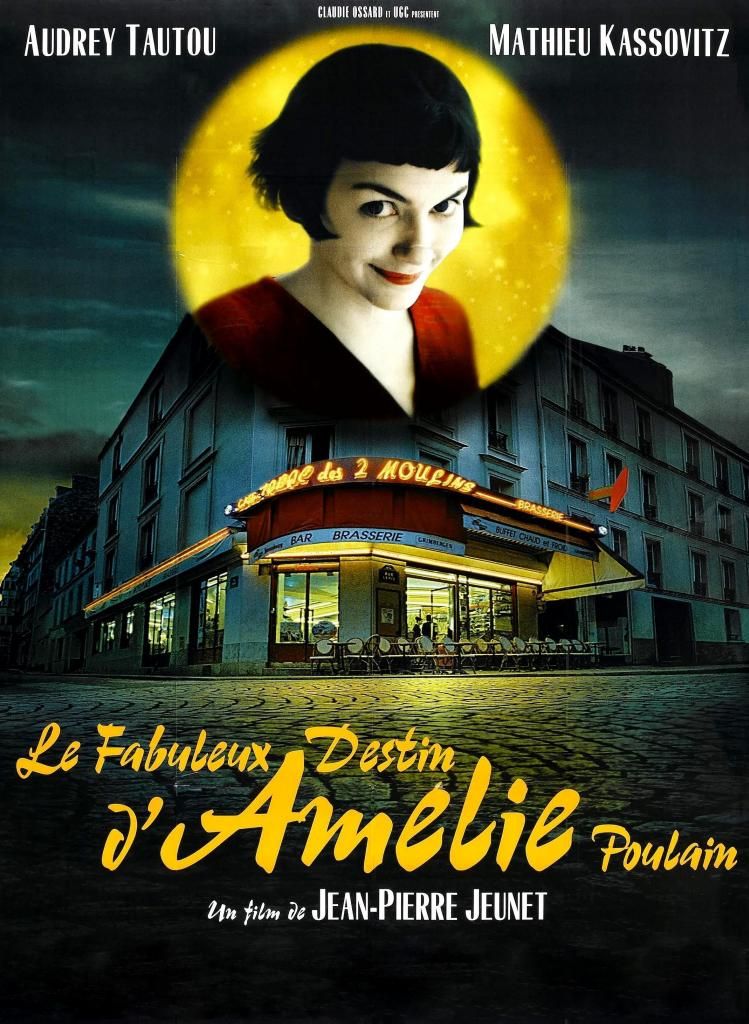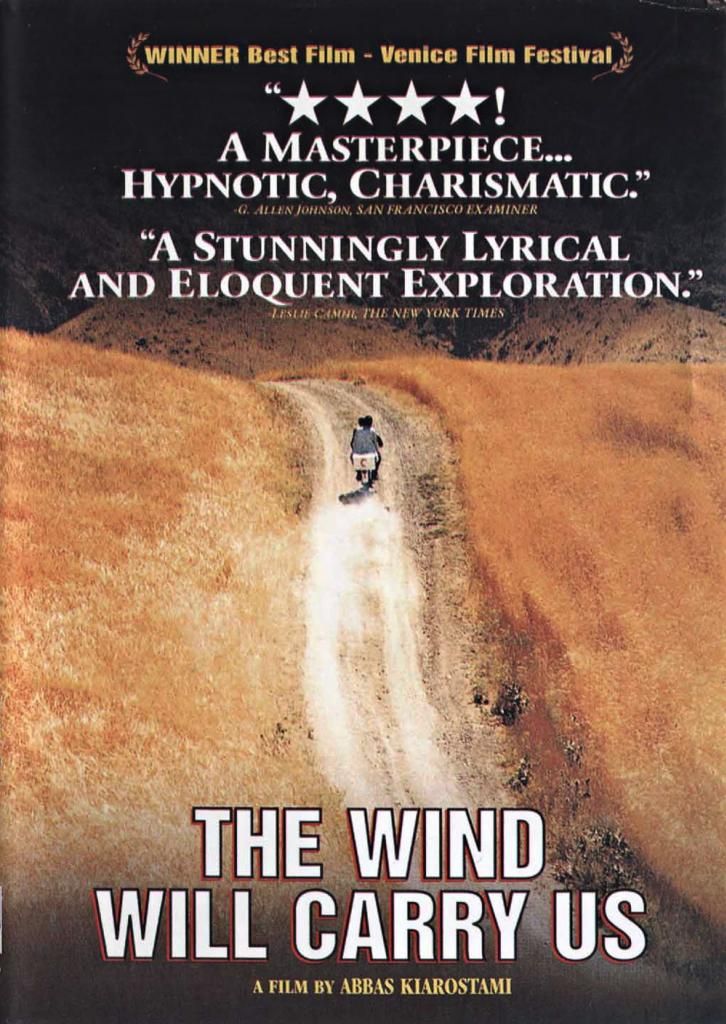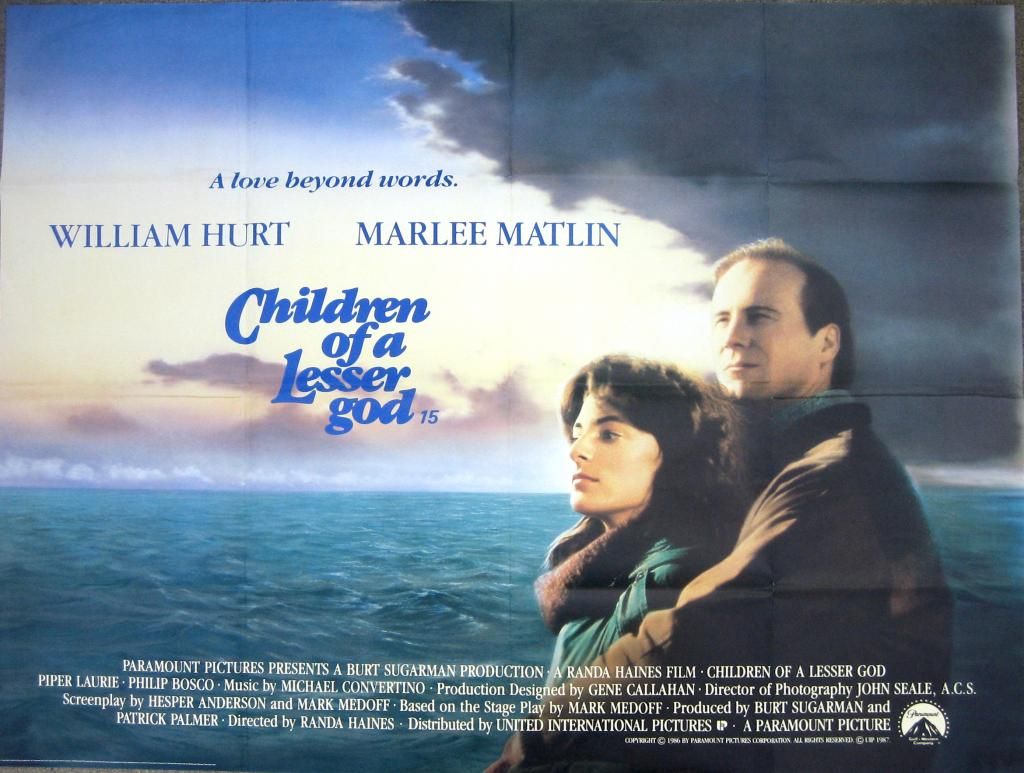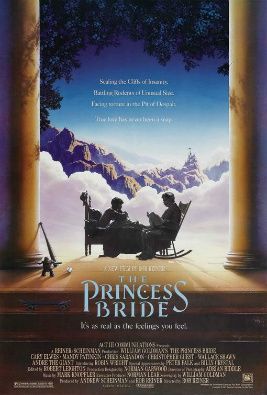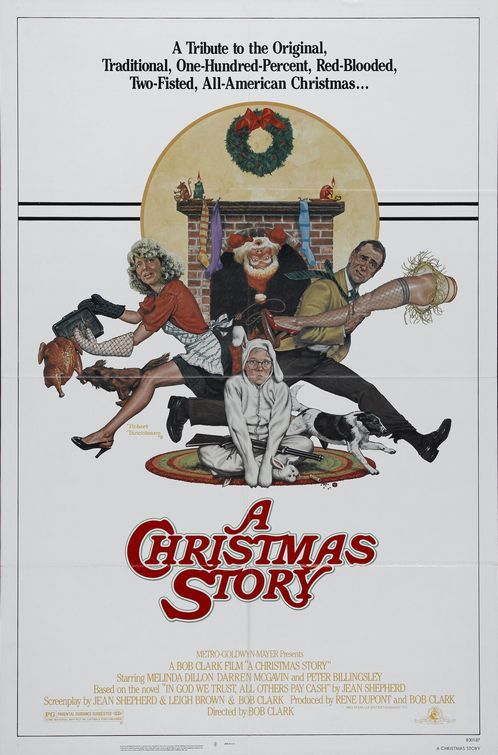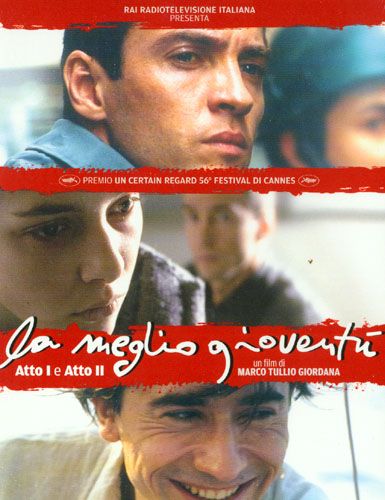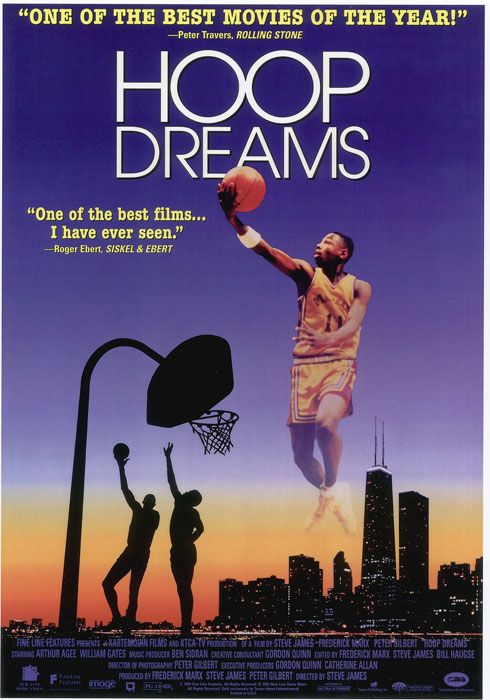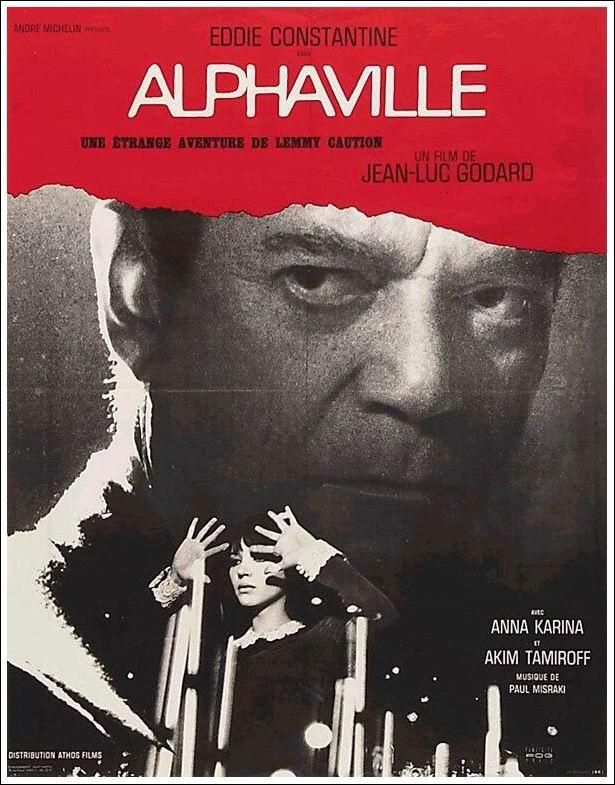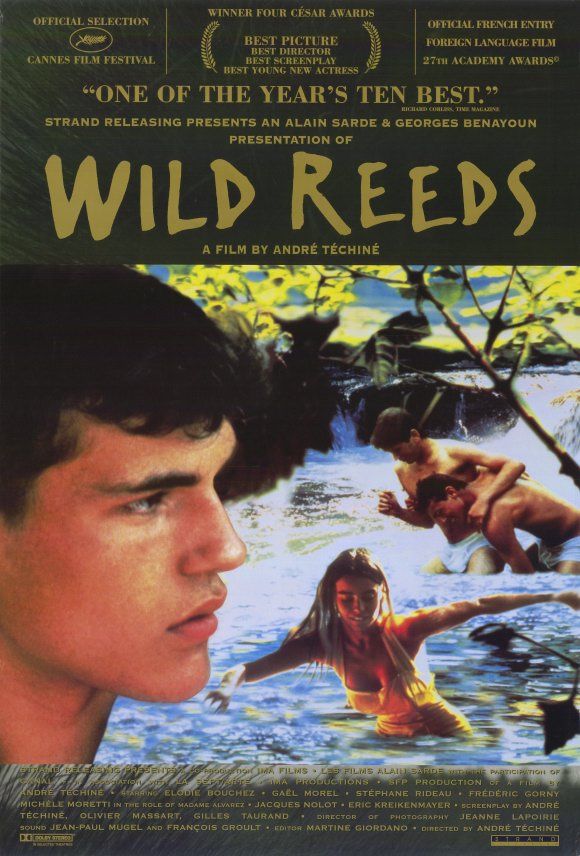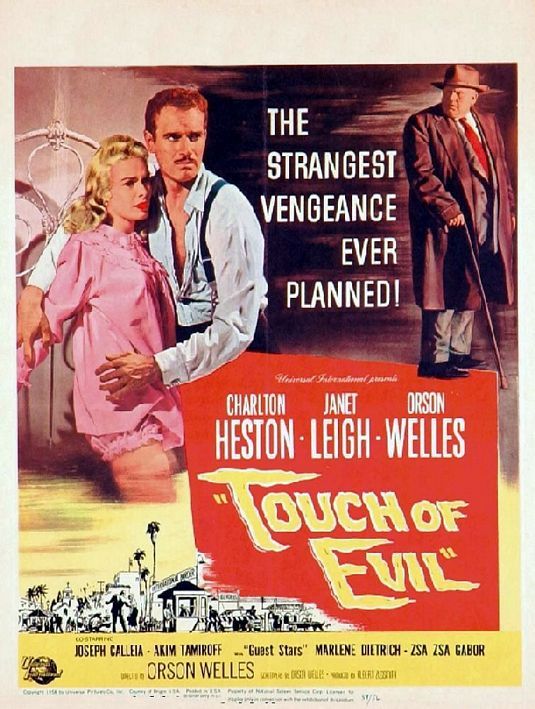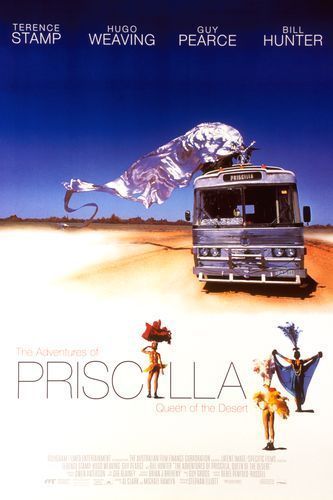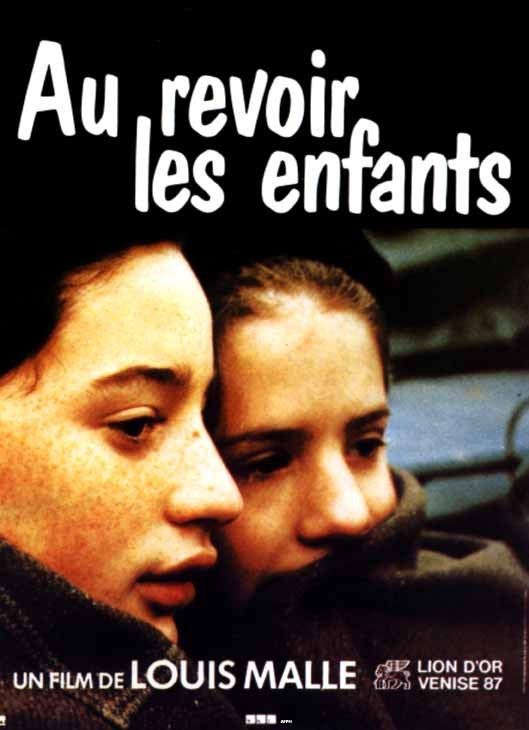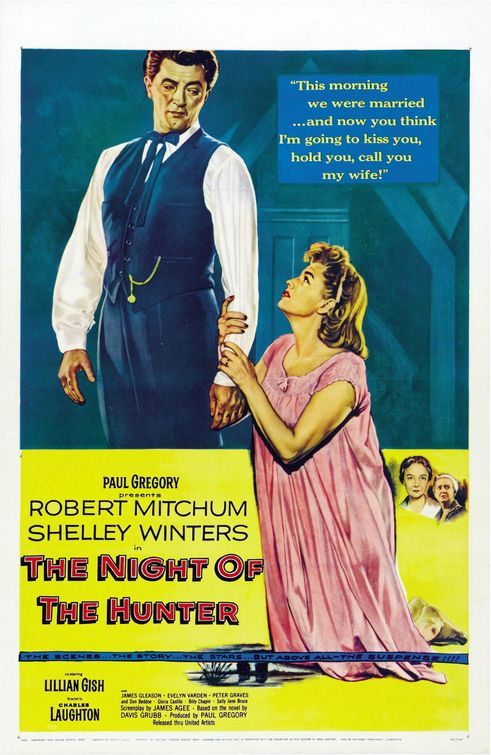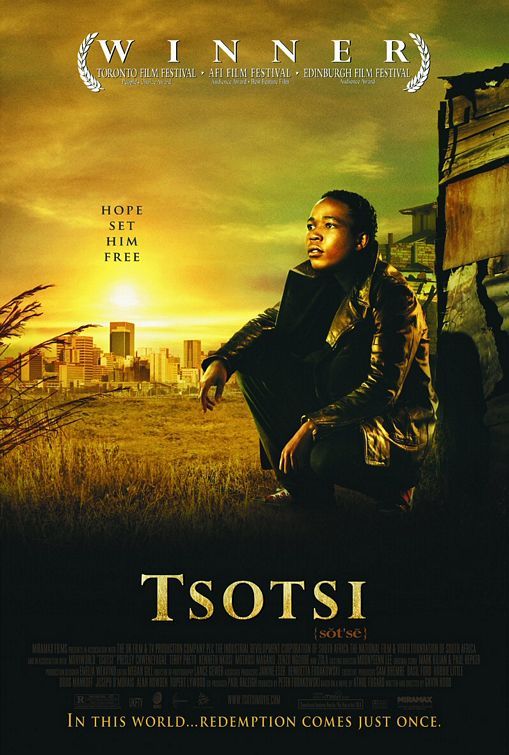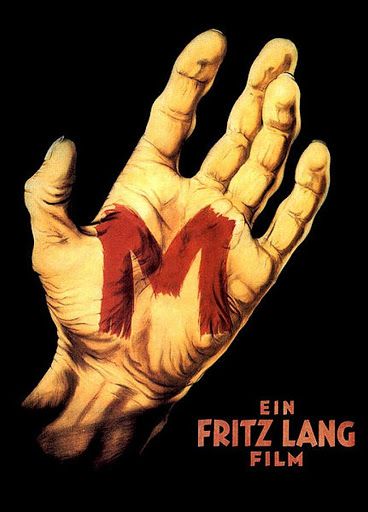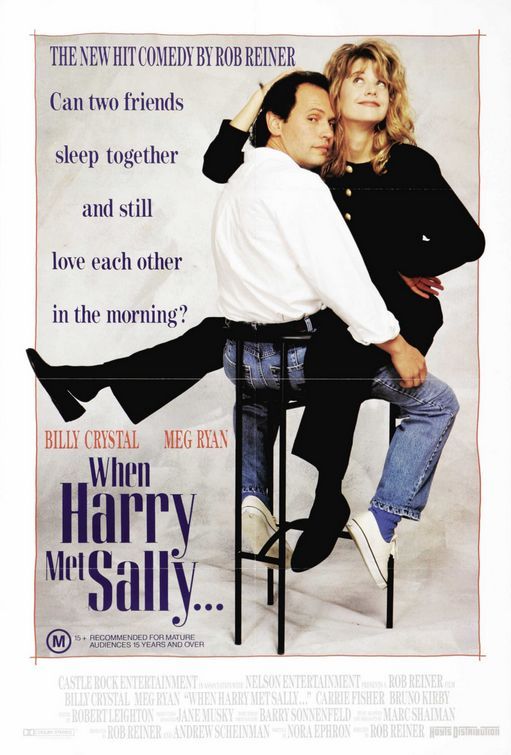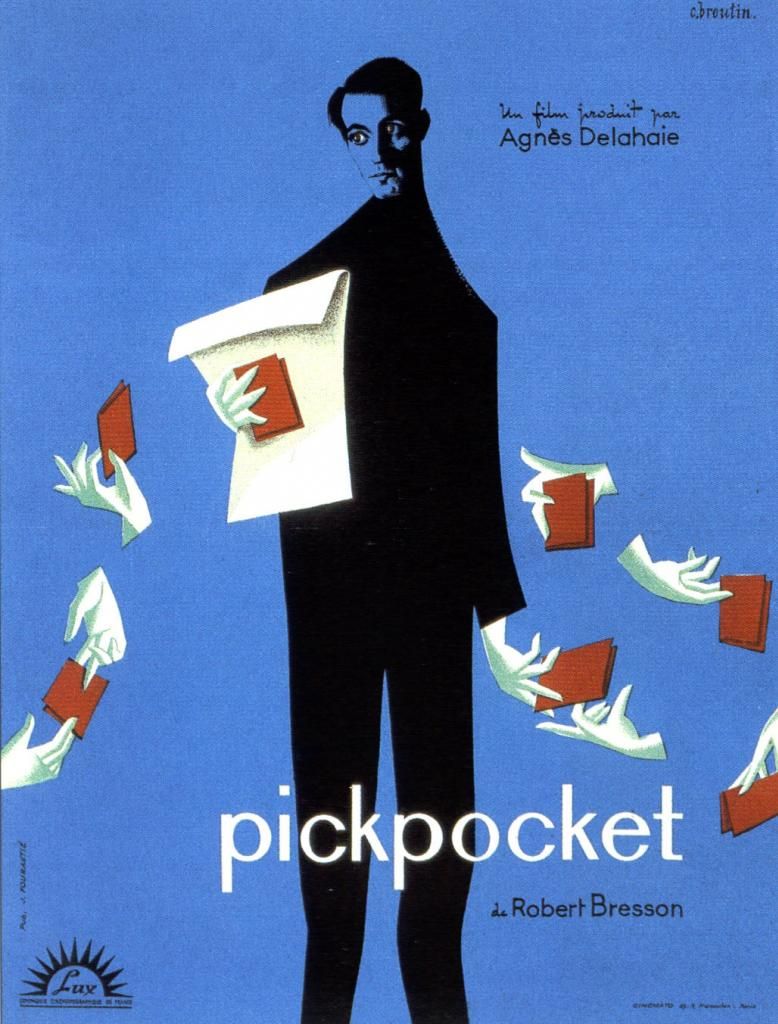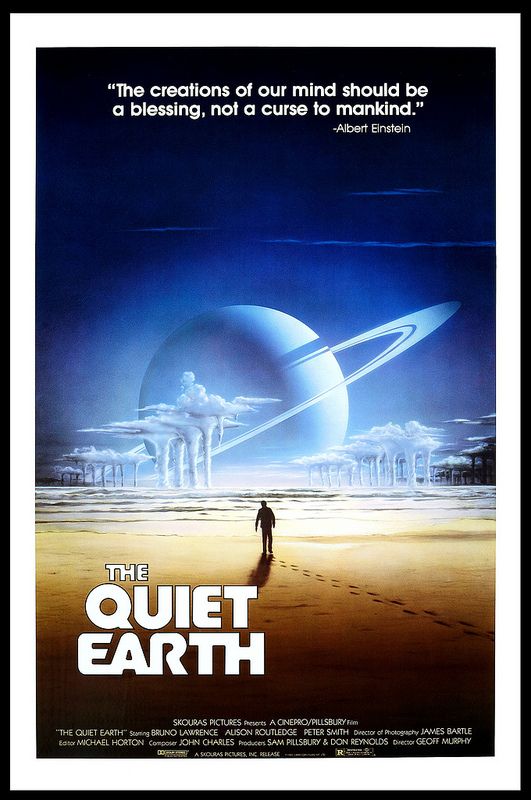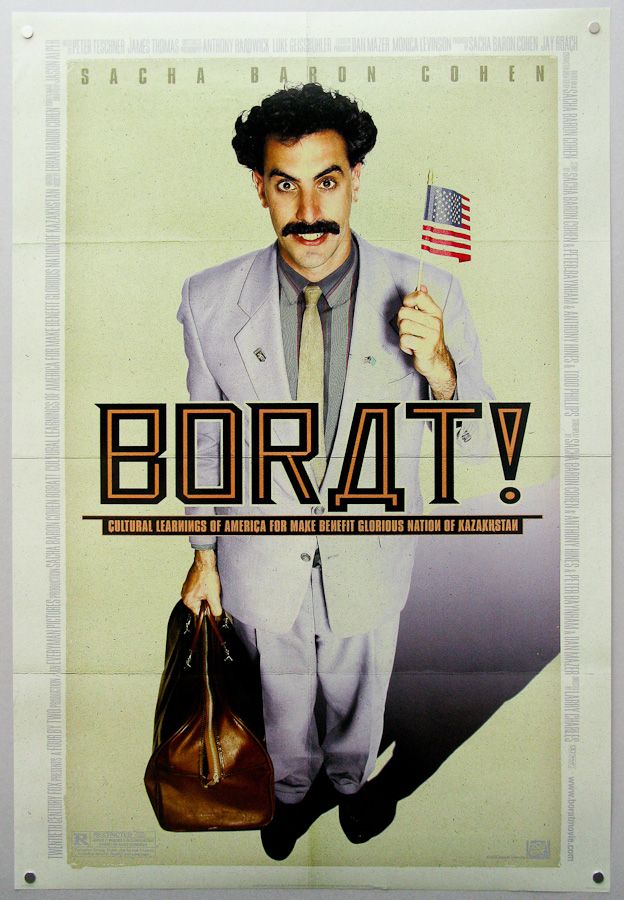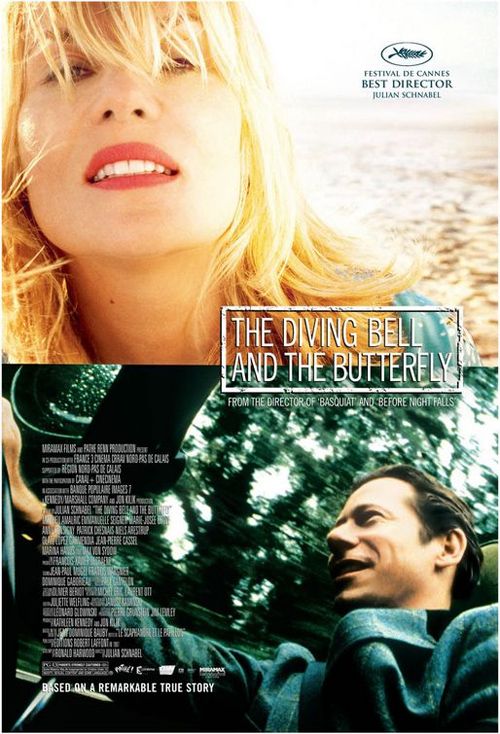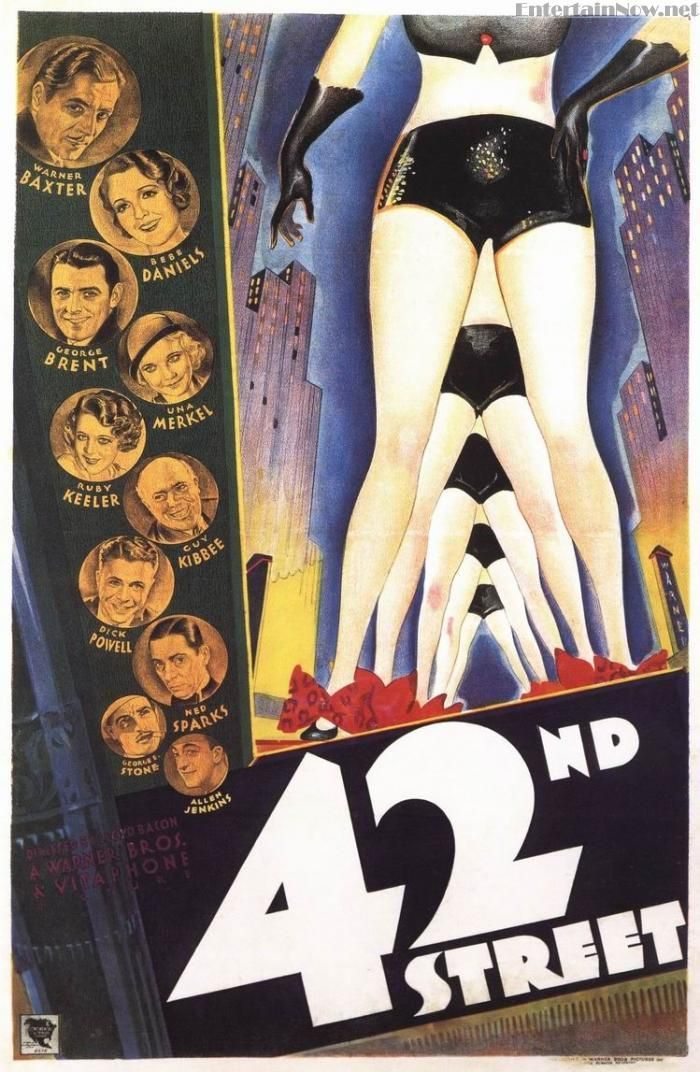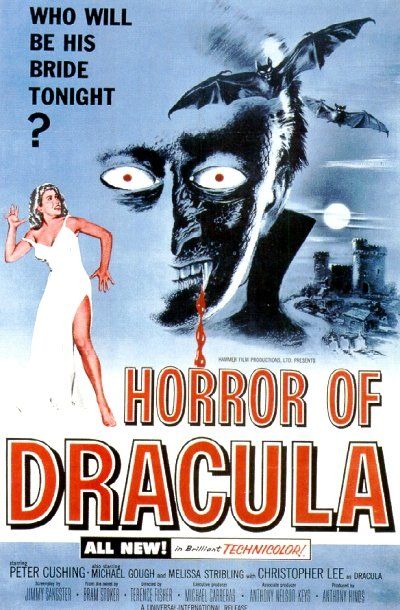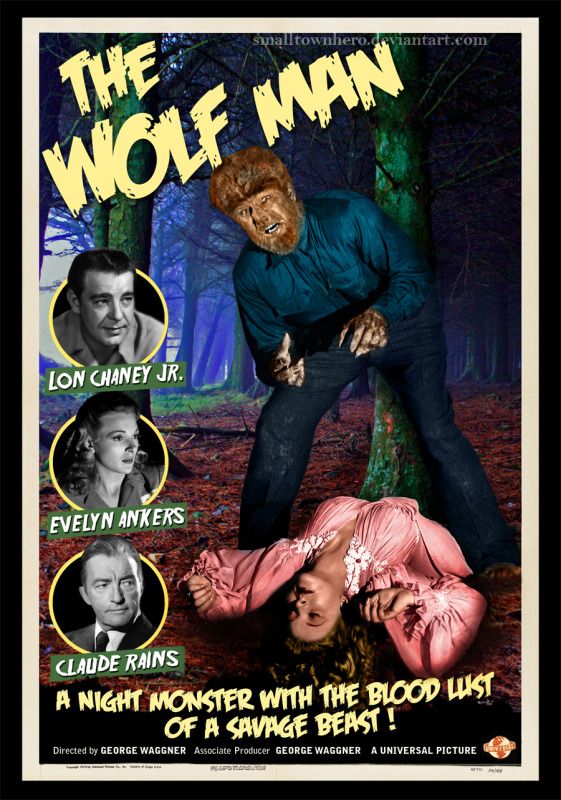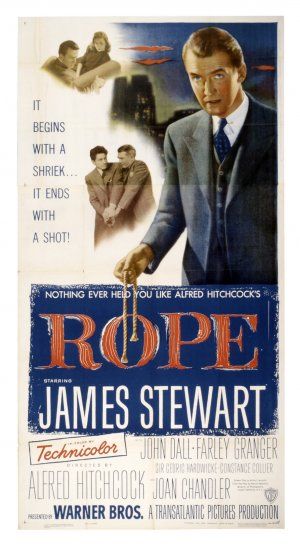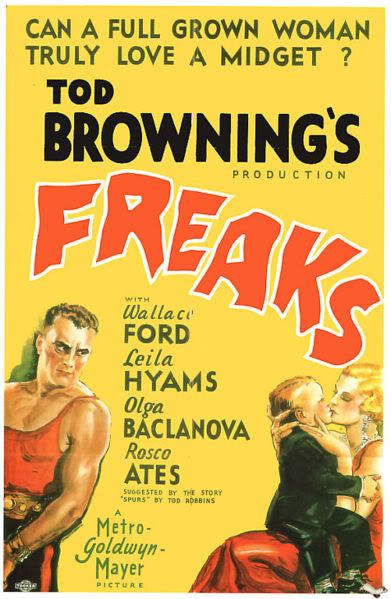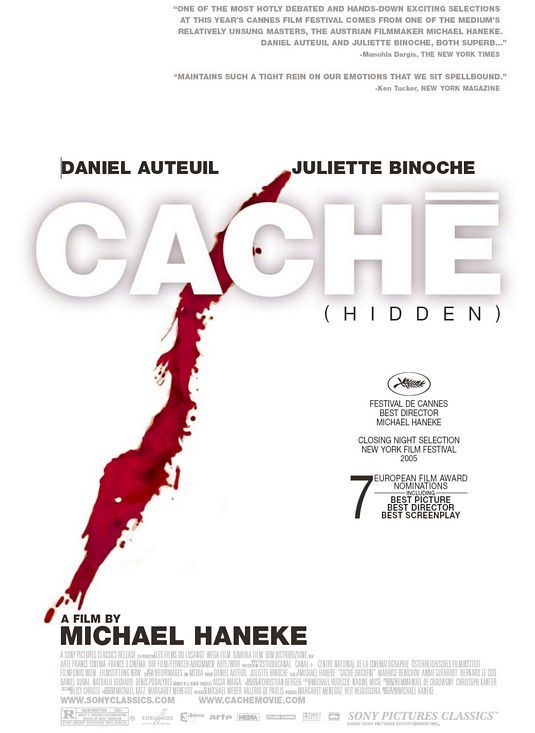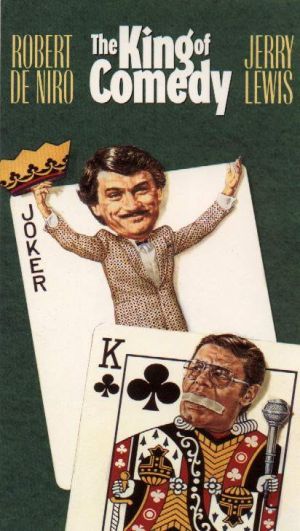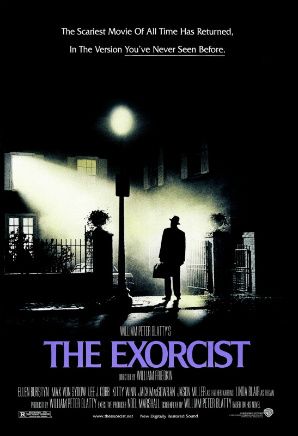My End of Year Wrap Up
Well,
ladies and germs, this blog, this, my own personal blog, is something I am
still committing to six months after I started it. That right there is kinda sorta a big deal
for me. So as silly as this may sound,
I’m rather proud of myself. I’ve done
more writing about films this calendar year than I ever have in the past. It’s something I’ve always wanted to do, and
something I had dabbled with in the past, and if anything, my New Year’s
resolution is to continue maintaining this blog, to remain committed to writing
and updating.
So
here are some highlights of my cinematic year.
- In February, I discovered Squish’s 1001 Movies You Must See Before You Die Blog Club, and for the very first time, I realized that I was not alone. That there were others out there in Internet Land who had become rather obsessed with the idea of watching and writing about all the films from the book. This simple fact reinvigorated my passion for film and for the book, both of which had taken a bit of a back seat in my life for a few years.
- I saw over fifty new movies from 1001 Movies, which is far more than in the past couple of years. That rocks. I hope it keeps up for next year.
- I wrote over one hundred new reviews, probably more like 150. I try to write detailed reviews, not in terms of plot, but in terms of my reaction to the film. I do this so I can remember the film by reading my review; too many times I’ve watched a movie then forgotten about it. I don’t want that to happen anymore.
- I met a great deal of wonderful and intelligent people who share a like mind about watching these movies. Thank you all.
And
here are some of my end-of-year Bests and Worsts.
